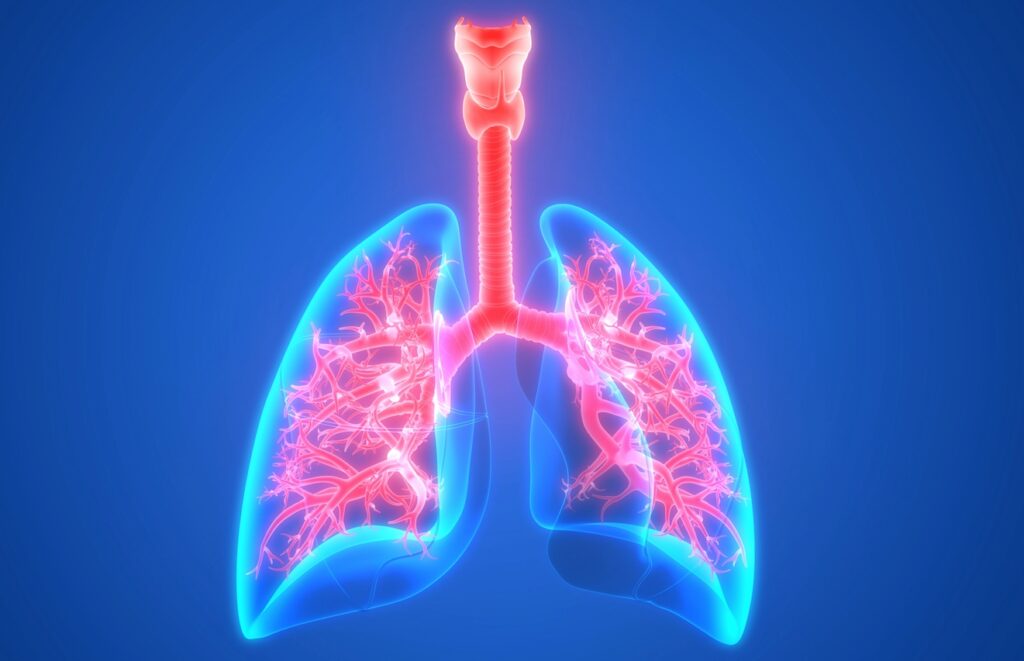So, I am a lover of good words, profound sayings, and easy-to-digest pieces of thought that can transform your soul, change your actions, and simply make life better. Take, for instance, a beautiful older lady in a Walmart pharmacy who saw me about to explode with two sick little ones and the pharmacist telling me […]
Mel Robbins – Let Them – Let Me – Chronic Illness Read More »










